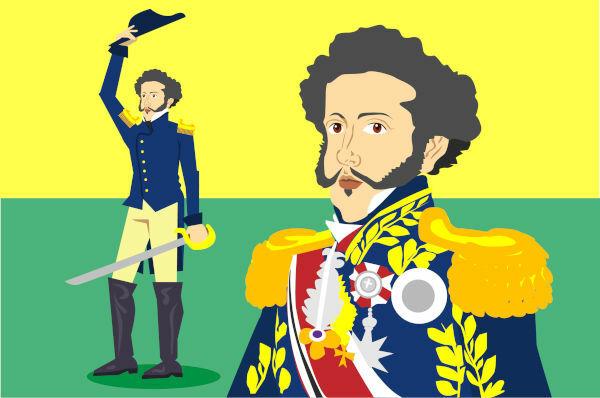In 1909, political articulations involving the presidential succession established a split between the São Paulo and Minas Gerais elites. On the one hand, the oligarchs of Minas Gerais and Rio Grande do Sul supported the candidacy of Marshal Hermes da Fonseca. On the other hand, the elites of São Paulo and Bahia rejected the return of a military man to the presidency, opting for the choice of the acclaimed intellectual Rui Barbosa.
The division formed at the time ended up opening the way for an intense electoral dispute. The miners articulated the old mechanisms of electoral fraud and control of results developed in rural areas. The Paulistas, on the other hand, projected their victory by developing a modernizing discourse to be graced by the urban electorate. Rui Barbosa, a great scholar, would be the great executor of such transformations.
Even with an agitated electoral campaign, Rui Barbosa ended up being defeated by the strength that the oligarchies had in the beginning of the 20th century. Arriving at the position of president, Hermes da Fonseca adopted a very economic policy conservative, linking to the old mechanisms of price regulation, purchase and storage of the coffee production. However, from a political point of view, we observe controversial and conflicting actions.
Do not stop now... There's more after the advertising ;)
The strong opposition of some oligarchs to his mandate and the strong influence of the gaucho senator Pinheiro Machado were some of the reasons that underpinned the so-called policy of salvation. This policy consisted of deposing all political agents who were not openly supporters of Hermes da Fonseca. Throughout his term, the depositions took effect in some states such as Pernambuco, Alagoas and Bahia.
From a historical point of view, the salvations did not represent a break from the oligarchic hegemony. In this episode we only see a rearrangement of power that was still preserved in the hands of the same elite. The exclusion of a large part of the population was still the common rule. It is not by chance that this period was marked by important rebellions such as the Chibata Revolt, occurred in 1910, in Rio de Janeiro, and the Contestado War, developed in Santa Catarina, in the year of 1914.
By Rainer Sousa
Master in History
Would you like to reference this text in a school or academic work? Look:
SOUSA, Rainer Gonçalves. "Hermes da Fonseca"; Brazil School. Available in: https://brasilescola.uol.com.br/historiab/hermes-fonseca.htm. Accessed on June 27, 2021.

